-
About
- Health
-
Patient Care
I Want To...
-
Research
I Want To...
Find Research Faculty
Enter the last name, specialty or keyword for your search below.
-
School of Medicine
I Want to...
Johns Hopkins Neighborhood Fund
The Johns Hopkins Neighborhood Fund was created in 2007 to support nonprofit organizations that both serve the communities in close proximity to Hopkins campuses and are associated with Johns Hopkins through employee or institutional involvement.
The Neighborhood Fund uses pledge donations made through the United Way campaign to help local nonprofit organizations build stronger neighborhoods by addressing needs in areas of:
- Community revitalization
- Education
- Employment
- Health
- Public safety
In addition to serving these needs, organizations that receive funding must provide services within pre-designated geographic boundaries, agree to use or return funds by the end of the fiscal year, and comply with other disbursement and reporting requirements.
Eligibility Guidelines
Organizations applying for Neighborhood Fund grants must:
- Hold a 501(c)(3) tax code designation or use a 501(c)(3) as a fiscal agent.
- Focus on community revitalization, education, employment, health, or public safety.
- Be associated with Johns Hopkins through institutional, employee, retiree, or student involvement.
- Deliver service to communities within the Live Near Your Work program boundaries or to communities within a three-quarter-mile radius of any Johns Hopkins campus in Baltimore City.
Request Funding
Applications are accepted from mid-December to mid-February. Apply here.
Grant-writing Tips
Want to submit a proposal? For the best chance of being selected for a Johns Hopkins Neighborhood Grant, be sure to:
- Clearly identify the needs of your program and how the funds will address them.
- Follow the directions for spacing and page limitations.
- Be careful when cutting and pasting from other grant applications.
- Check your math in the finance section; make sure it is consistent with your funding request.
- Proofread your application before submitting it.
- Get your application in as early as possible so that any potential errors can be caught and possibly fixed before the deadline.
For more information, check the program FAQs page.
If you have questions, please contact Katie Walsh at [email protected] or by calling 410-516-2000.



